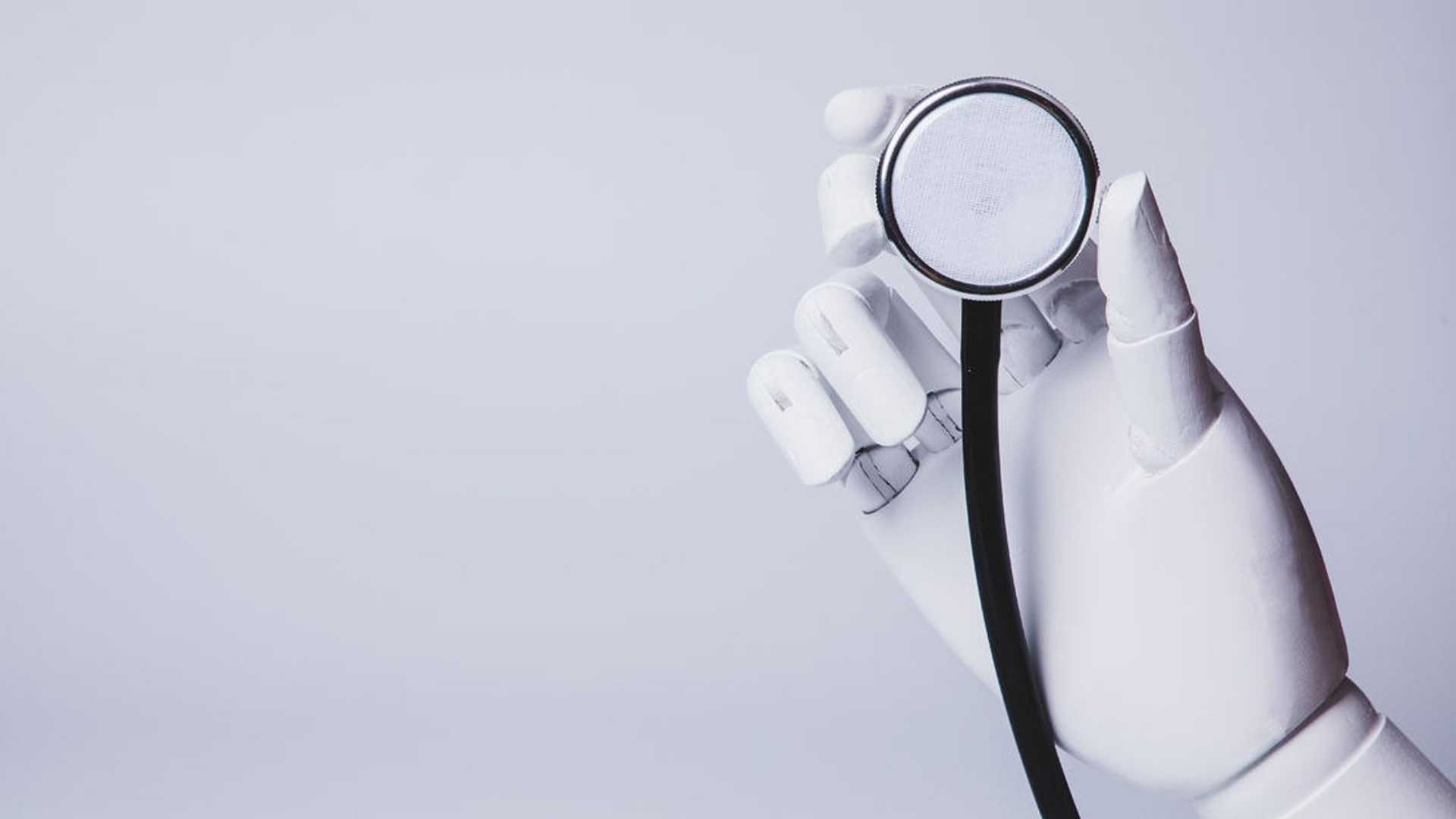Doctors are Partnering with ChatGPT to Manage Patient Messages
Health systems are adopting AI technology to assist physicians in addressing the flood of patient messages while still being able to see patients. Three different health care systems in the United States are testing an AI tool that uses ChatGPT to draft automatic responses to patient inquiries. The goal of the pilot program is to reduce the time doctors spend on written communication, allowing them to see more patients and concentrate on more complex medical issues.
How the AI Tool Works
The AI tool is a HIPAA-compliant version of OpenAI's GPT language model. It is integrated into physicians' inboxes through the medical software company Epic's "MyChart" patient portal, which allows patients to send messages to their health care providers.
Physicians can use the tool to answer patients' queries about their symptoms, medication, and other medical issues. The AI tool generates a response that the physician can then edit, use, or discard. Patients' care teams review and edit all messages generated by AI before sending them to the patients.
The Benefits of Using AI in Healthcare
The use of AI in healthcare provides a lot of benefits, including:
- Reduced administrative work for physicians
- Improved patient engagement and satisfaction
- Ability to handle an ever-increasing volume of patient messages
- Increased physician availability for in-person consultations
Patient Perspective
In a study posted in the journal JAMA Internal Medicine, patients preferred responses from ChatGPT over doctors in nearly 200 online queries. The responses provided by the chatbot were rated higher by patients for empathy and quality. Patients appreciate the care teams' assurance that they review and edit all the messages generated by AI before sending them to the patients.
Limitations and Concerns
The use of AI in healthcare is not without its limitations and concerns, including:
- The technology is still prone to malfunction or "hallucinate" in rare cases and provide erroneous answers to people's questions.
- There is uncertainty as to whether chatbots are appropriate to answer the various kinds of questions a patient might ask, including those about their prognosis and treatment, test results, insurance, and payment considerations, and many more issues that arise when seeking care.
- There are privacy concerns surrounding the use of AI products and ensuring that patient privacy is protected.
Conclusion
AI solutions like ChatGPT offer enormous promise for the healthcare industry. They can help doctors work more efficiently and intelligently, allowing them to spend more quality time with their patients. Although there are some limitations and concerns when using AI in healthcare, it is clear that AI technology can help address the rising volume of patient inquiries and improve the overall patient experience.




















